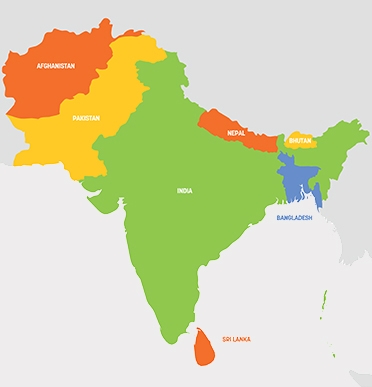Abstract
This paper discusses the evolution of post-colonial South Asian economies using the triad of dominant classes, state ,and imperialism. Two key insights help us make sense of this evolution. First, the dominant classes such as landed interests, private capital, and government bureaucrats in South Asia were able to prevent a radical/progressive restructuring of the economies from the very outset. Any deep crisis that threatened to radically transform the existing social order was solved through an ‘imperialist fix,’ whereby the dominant classes in conjunction with the state sought external help (e.g. ‘Green Revolution’ in the wake of food crises of 1960s). On the other hand, imperialist countries, when they needed the cooperation of South Asia in their strategic endeavors or when they underwent capitalist crises, used the region (along with the larger developing world that possesses labor reserves, minerals, and serves as a final market) as a 'spatial fix’ to solve their crises. It is the coming together of these two processes/fixes that defines the mutual engagement of imperialism and South Asian economies during this period that contained two imperialist orders, one that lasted from 1950 until 1980, and a second one that came into being after 1980.



